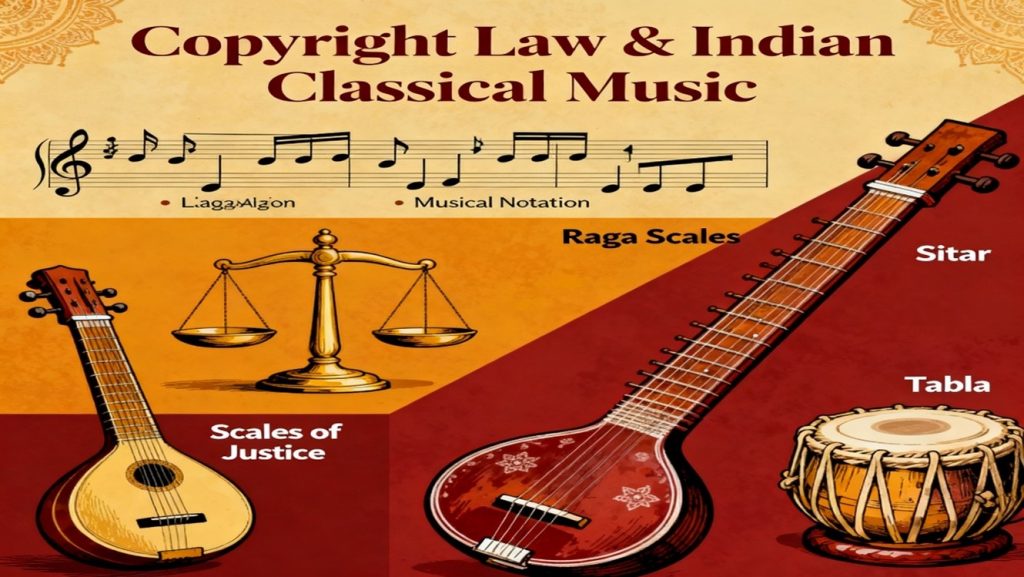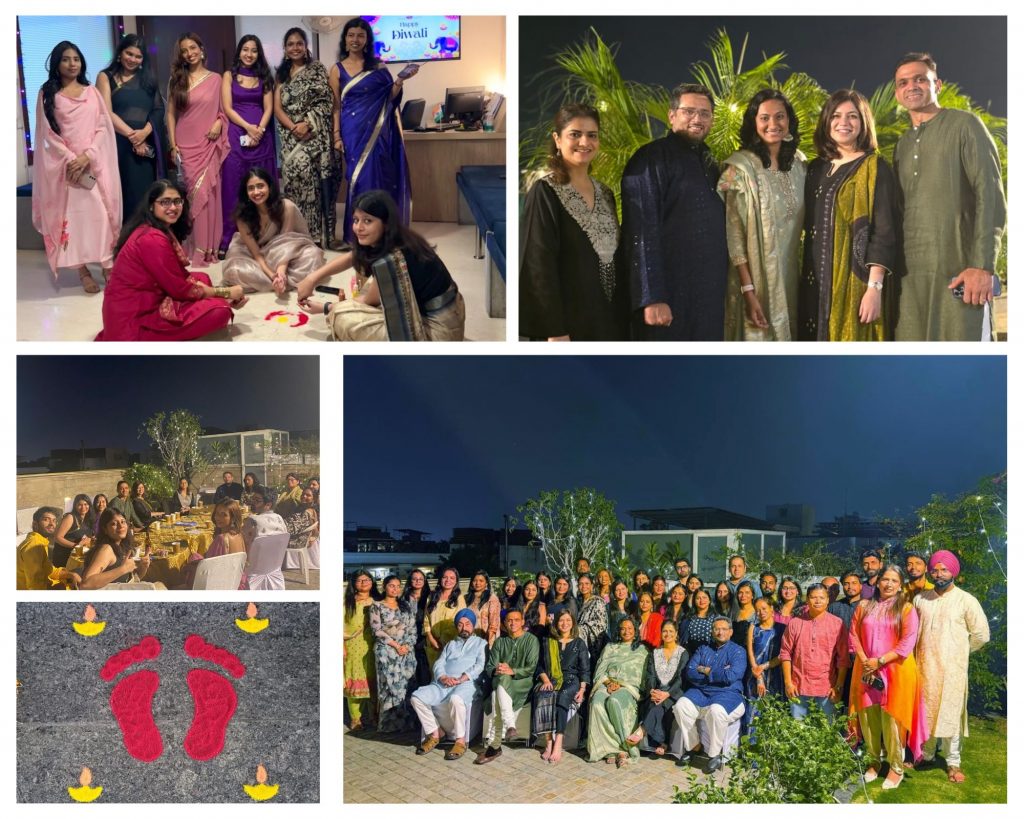A Legal Issues Seminar was conducted by Alolika Chakraborty, Trainee Associate, on the topic “Do compositions based on traditional ragas qualify as original musical works?”
The session examined the intersection of copyright law and Hindustani classical music, focusing on whether compositions rooted in traditional ragas can qualify as original musical works. Drawing from statutory principles and judicial interpretations, the discussion explored how Indian copyright law assesses originality in the context of creative expression built upon traditional frameworks. The seminar concluded that the determination of originality in classical compositions must rest on the statutory requirement of independent creation.
The Presentation can be accessed here.




